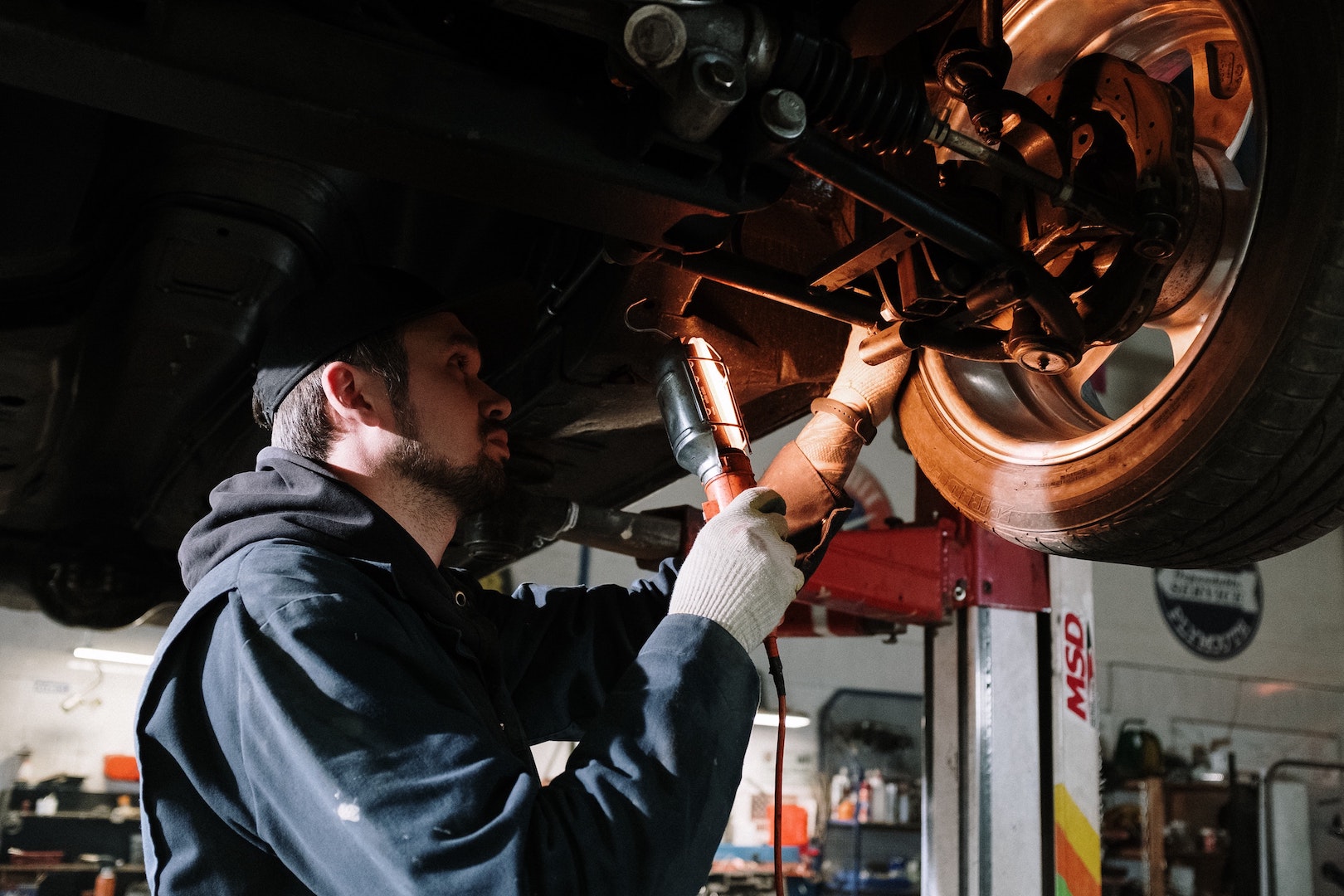As a vehicle owner, it is always a good idea to know about the main components and systems of your vehicle. For example, having a baseline understanding of how your brakes work can be helpful in not only addressing any necessary maintenance, but also understanding why and how things can go wrong. But since vehicles are very complex machines, many components and systems are not as well known. One of those less known components that plays an important role in your vehicle is the differential.
So, what is the differential and what importance does it play to your vehicle’s operation?
In this blog, we examine the function of the differential and some issues that your vehicle might encounter in this critical component of the vehicle axle assembly.
The Function of the Differential
When you are driving in a straight direction, your wheels should be traveling at the same speed. But when you turn, your vehicle’s wheels turn at different speeds. During a turn, the inside wheel will rotate slower than the outside wheel. This is because the distances that the wheels have to travel are different. To compensate for the difference in wheel speed, the differential is what powers your wheels to be able to simultaneously operate at different speeds on the same axle assembly. The differential performs its function mainly through a set of gears and bearings that create the torque power.
There are four common differentials in vehicles, which largely depend on the type of vehicle. For example, the spool and torque sensitive differentials are found mostly in race cars. The common differentials in everyday vehicles are open differentials or electronic differentials.
Issues with Differentials
For the most part, differentials are designed to last regardless of the usual wear and tear. However, lack of periodic maintenance and/or faulty components can result in failure of the differential. Issues with the differential commonly surface in the gears or bearings.
Some of the symptoms of differential issues include the following:
- You may hear a whining noise when decelerating the vehicle
- You may feel a heavy vibration when you are gaining speed while driving, or even hear a whining sound while accelerating
- You may hear a clunking or rumbling sound while making turns or driving over 20 mph
If you are experiencing any of these common sounds or motions, it is definitely advisable to get your vehicle into a service professional for an inspection of the differential.
Differential Maintenance
Like many other components of your vehicle that are subjected to heat and motion, the differential requires the use of differential oil. Differential oil keeps the parts lubricated and typical problems arising in the differential come from leaks or low oil levels. Unlike motor oil, however, the differential oil only needs to be replaced every 30K – 50K miles driven. When differential issues present themselves, service professionals will usually start by looking for evidence of any leaks or misaligned gears.
If you are concerned about unusual noises that resemble differential issues, contact us at Best Western Transmissions for an appointment and inspection. Our service professionals will inspect your vehicle thoroughly and make any recommendations for repair or replacement.

